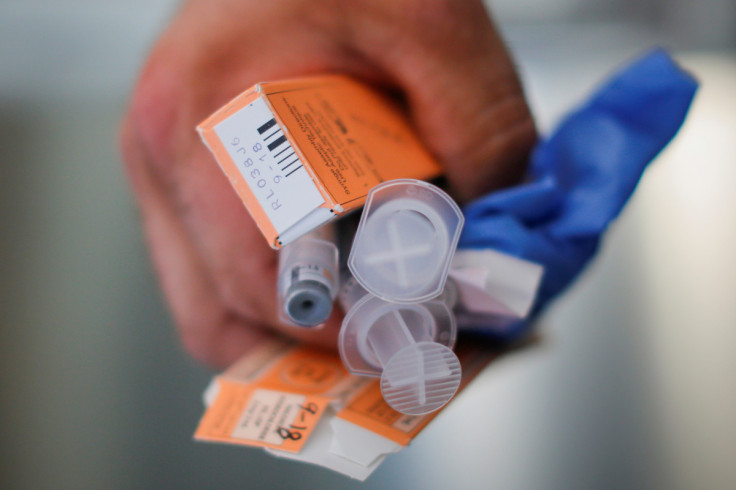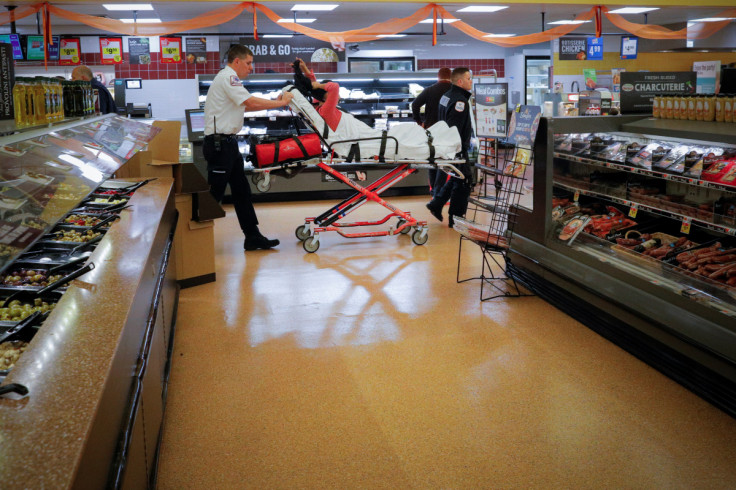Biden To Announce $1.5 Billion To Fight U.S. Opioid Crisis

U.S. President Joe Biden will announce on Friday nearly $1.5 billion to fund access to medications for opioid overdoses, sanctions against traffickers, and increased funding for law enforcement, the White House said.
The Biden administration is keen to show it is taking action on a worsening nationwide opioid crisis, which according to U.S. Centers for Disease Control and Prevention data fueled more than 107,000 drug overdose deaths in 2021, a nearly 15% increase from the previous year.
"Our nation is facing 108,000 overdose deaths in just 12 months. That's one life lost every five minutes around the clock," said Dr. Rahul Gupta, director of National Drug Control Policy at the White House.
"The Biden-Harris administration is announcing several key investments and actions to reduce overdose deaths, ensure public health and law enforcement officials on the front lines have the resources they need, support people in recovery, and finally beat this epidemic," Gupta told reporters on a press call.
Biden will announce nearly $1.5 billion in grants from the U.S. Department of Health and Human Services to states, tribal lands and territories, said Miriam Delphin-Rittmon, assistant secretary for mental health and substance use.
The funds will go toward treating substance-use disorders and removing barriers to key tools like naloxone, a medication that can reverse opioid overdoses, Delphin-Rittmon said.
The grants will also fund recovery support services, overdose education efforts, peer support specialists in emergency departments, and care for stimulant use and misuse disorders including cocaine and methamphetamine, she added.
The U.S. Food and Drug Administration will release new guidance to ease restrictions on naloxone, said Gupta.
Currently, there are legal barriers limiting access to naloxone in some states, and in others it is not always available to those most at risk of an overdose because patients are more likely to receive a prescription if they had a prior diagnosis of opioid misuse or dependence along with an overdose than if they have had those diagnoses without an overdose.
Biden is also announcing an additional $12 million in funding for law enforcement in areas suffering the worst of drug trafficking, on top of $275 million announced in April, and sanctions on individuals and groups involved with drug cartels.

© Copyright Thomson Reuters 2024. All rights reserved.





















